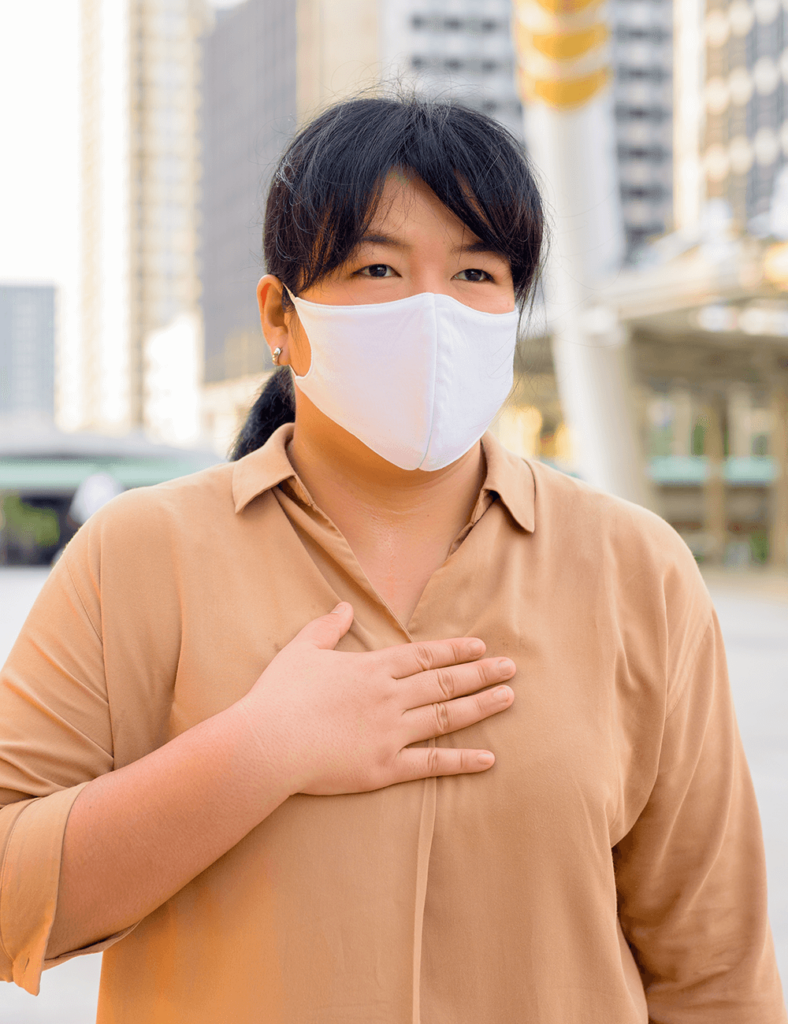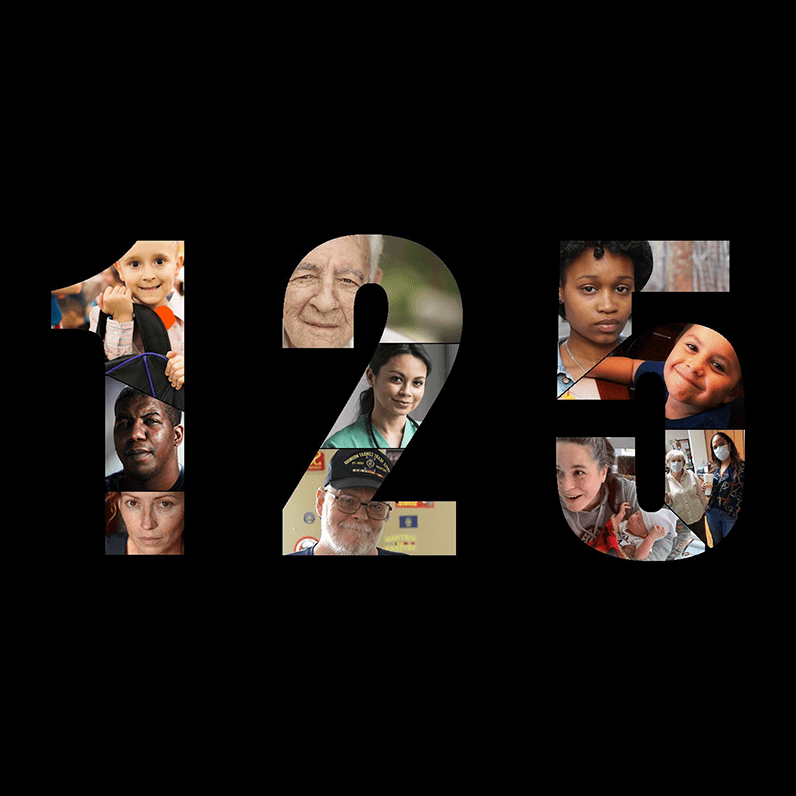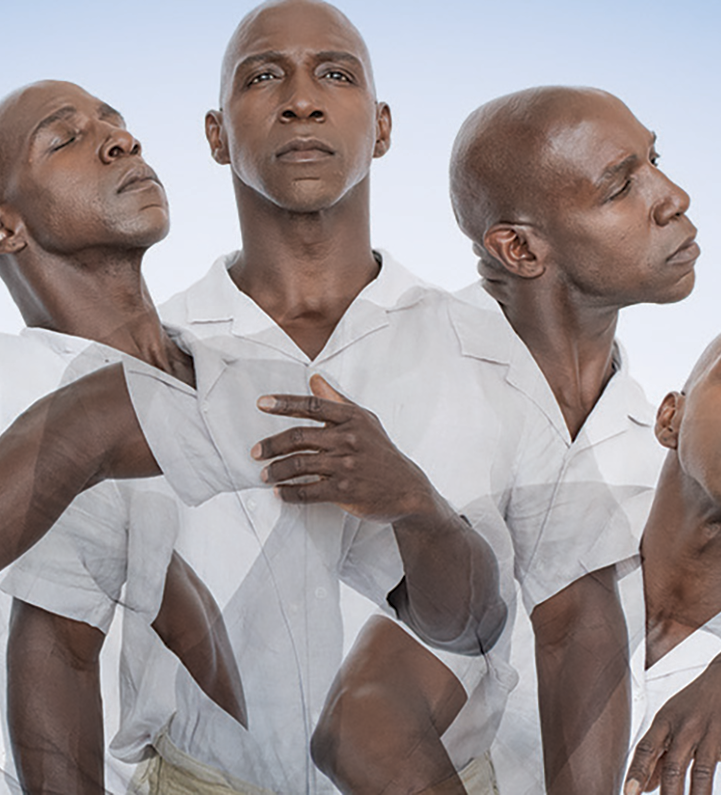About VOA|ReST
The History of VOA|ReST 4 First Responders
VOA|ReST 4 First Responders is the latest customization of VOA|ReST, which was launched in 2020 in response to the COVID-19 pandemic.
Based on the skills and strategies developed in VOA’s evidence-based program for military veterans called Resilience Strength Training ™, VOA|ReST has provided a platform for frontline care workers and others to renew their emotional resilience. VOA|ReST has also been customized for such organizations as the AARP Fraud Watch Network to support older Americans who have been victimized by financial fraud or scams and for nursing staff at SSM Healthcare.
Supported by the HCA Healthcare Foundation, VOA|ReST 4 First Responders builds upon the success of those programs by facilitating meetings just for First Responders to maintain wellbeing in the face of important and challenging work.



Volunteers of America
Volunteers of America (VOA) is one of the nation’s largest and most experienced non-profit housing, health and human organizations with nearly 16,000 mission-driven professionals committed to helping over 1.5 million people a year reach their full potential.
Since 1896, VOA has provided behavioral health, addiction treatment, and housing resources to America’s most in-need populations, including veterans, at-risk youth, seniors, men and women returning from prison, individuals experiencing homelessness, people with disabilities, and those recovering from substance abuse.

The Shay Moral Injury
Center at VOA
VOA and its Shay Moral Injury Center, under the direction of Dr. Rita Nakashima Brock, have been studying moral injury and resilience since 2017. The Center focuses on providing strategies for processing moral distress to both the general public and private/public sector service providers.
Dr. Brock led the design and implementation of VOA’s Resilience Strength Training ™, an intensive, in-person, peer specialist support program for veterans experiencing moral injury. Research published in 2021 demonstrated that the majority of participants reported significantly improved post-traumatic growth, perceived meaning in life, propensity to trust, dispositional optimism, positive attitudes toward themselves, personal self-esteem, and sleep quality, while decreasing their dependence on both alcohol and sleep medications.

